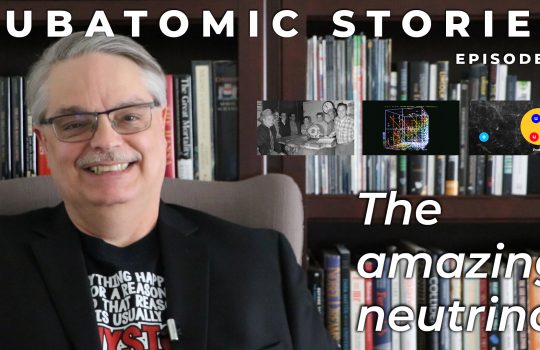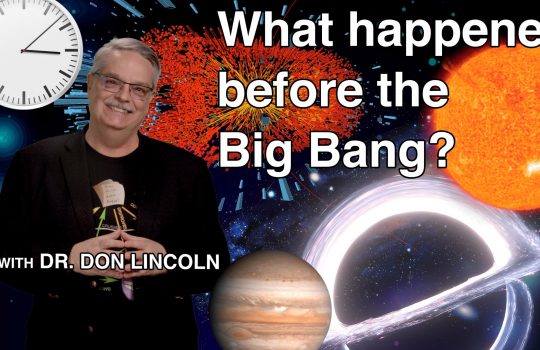Subatomic Stories: The amazing neutrino
Of all of the inhabitants of the subatomic realm, it is said that neutrinos have surprised researchers more than the rest. In episode 4 of Subatomic Stories, Fermilab scientist Don Lincoln both introduces you to these perplexing fundamental particles and answers some fascinating viewers’ questions. View the 11-minute video.



